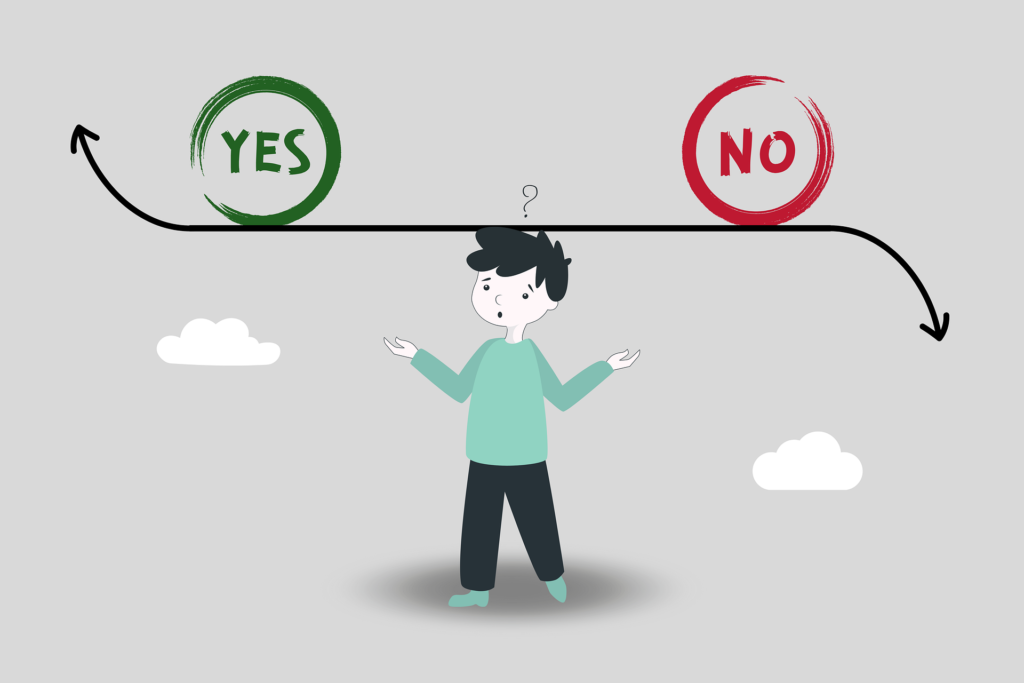MIT(マサチューセッツ工科大学)の記事で、「パワー・スキル」(power skills)なる言葉が発表されました。
これは、かつては「ソフト・スキル」(soft skills)と呼ばれ、「ハード・スキル」(hard skills)と対比されています。
「ハード・スキル」は専門性の高い技術的な能力であるのに対し、「ソフト・スキル」は対人力とか、コミュニケーション能力とか、EQ(emotional intelligence quotient)のように、人間の内面のビジネス能力を表します。
関連:世界の大学(コンピューター・サイエンス学部)のランクキング。日本のレベルはどこ?
この「ソフト・スキル」は人間の普遍的な力であり、「ハード・スキル」のように技術革新の速度が人間の学習速度を超えても「型遅れ」になることはありません。いわば、AIでさえも模倣するのが難しい分野であり、お金や時間を投資して習得することに値します。
そのような力を持ち、各業界のリーダーがこれからの時代を勝ち抜くのに必須のスキルであることから、「パワー・スキル」と呼ばれています。
その中でも特に注視されている能力の一つが変化を受け入れる力であり、そのために必要なのが、「知的正直さ」(intellectual honesty)です。
この能力を日英両語で解説します。
In terms of business power skills, intellectual honesty refers to the ability to approach problems and decision-making in an open-minded, unbiased and honest manner. This means being willing to consider all options, regardless of personal biases or preconceptions, and being willing to admit when one is wrong or lacks knowledge. It also means being transparent in one’s thought process and decision-making and being open to feedback.
Intellectual honesty is an essential power skill for business leaders and managers because it allows them to make informed and unbiased decisions that are in the best interest of their organization. It also helps them to build trust with their colleagues, employees, and stakeholders by being transparent and accountable in their decision-making. Additionally, it helps them to create a culture of open dialogue and continuous improvement by being open to feedback and constructive criticism.
In summary, intellectual honesty is a power skill that allows business leaders and managers to make informed, unbiased and honest decisions that are in the best interest of their organization, build trust with stakeholders and create a culture of open dialogue and continuous improvement.
ビジネスのパワー・スキルにとしての知的正直さとは、問題や意思決定に対して(感情やバイアスに左右されず)公正かつ公平な方法で取り組む能力を指します。それは、個人的な偏見や前提を無視してすべての選択肢を考慮し、誤りや知識の欠如を認めることができること、思考プロセスや意思決定を透明にすること、フィードバックを受け入れることを意味します。
知的正直さは、ビジネス・リーダーやマネージャーにとって不可欠なパワースキルであり、組織の最善の利益に基づいた公正かつ公平な意思決定をすることができるだけでなく、同僚や従業員、ステークホルダーとの信頼関係を構築することができます。さらに、意思決定を透明にし、アカウンタブルにすることで信頼を築き、フィードバックや建設的な批判を受け入れることでオープン・ダイアログや継続的な改善の文化を作り上げることができます。
要するに、知的正直さは、ビジネス・リーダーやマネージャーが組織の最善の利益に基づいた公正かつ公平な意思決定をすることができるだけでなく、ステークホルダーとの信頼関係を築き、オープン・ダイアログや継続的な改善の文化を作り上げることができるパワースキルです。
では、なぜパワー・スキルの中でも知的正直さが特に大事なのでしょうか?
- Objectivity: Intellectual honesty allows for the objective examination of new technologies, which can help identify potential benefits and drawbacks.
- Informed decision-making: By being intellectually honest, individuals and organizations can make more informed decisions about whether to adopt new technologies and how to use them.
- Public understanding: Intellectual honesty can help build public understanding and trust in new technologies by providing accurate and unbiased information.
- Identifying unintended consequences: By being intellectually honest, individuals can identify unintended consequences of new technologies, which can help prevent negative impacts.
- Facilitation of constructive debate: Intellectual honesty can help facilitate constructive debate around new technologies, which can lead to better decision-making and governance.
- Promoting innovation: Being intellectually honest can help ensure that new technologies are evaluated on their merits, which can promote innovation and progress.
知的正直さは、技術の進歩を受け入れる上で重要な理由には以下のようなものが含まれます。
- 客観性: 知的正直さは、新しい技術の潜在的なメリットやデメリットを特定するために客観的な検討を可能にします。
- 情報に基づいた意思決定: 知的正直さを持つことで、個人や組織は新しい技術を採用するかどうか、そしてどのように使用するかについてより賢明な決定をすることができます。
- 公共の理解: 知的正直さは、正確でバイアスのない情報を提供することで、新しい技術に対する公共の理解と信頼を構築するのに役立ちます。
- 意図しない結果の特定: 知的正直さを持つことで、個人は新しい技術の意図しない結果を特定でき、それによって負の影響を防ぐことができます。
- 建設的な議論の促進: 知的正直さは、新しい技術に関する建設的な議論を促進するために役立ち、それによってより良い意思決定や治理をすることができます。
- 革新を促進: 知的正直さを持つことで、新しい技術はそれらの性能に基づいて評価され、革新や進歩を促進することができます。

